Next-gen PlayStation and Xbox consoles may use much stronger hardware, and I'm worried we'll get premium prices without a premium experience
Not with the way Xbox has been behaving recently
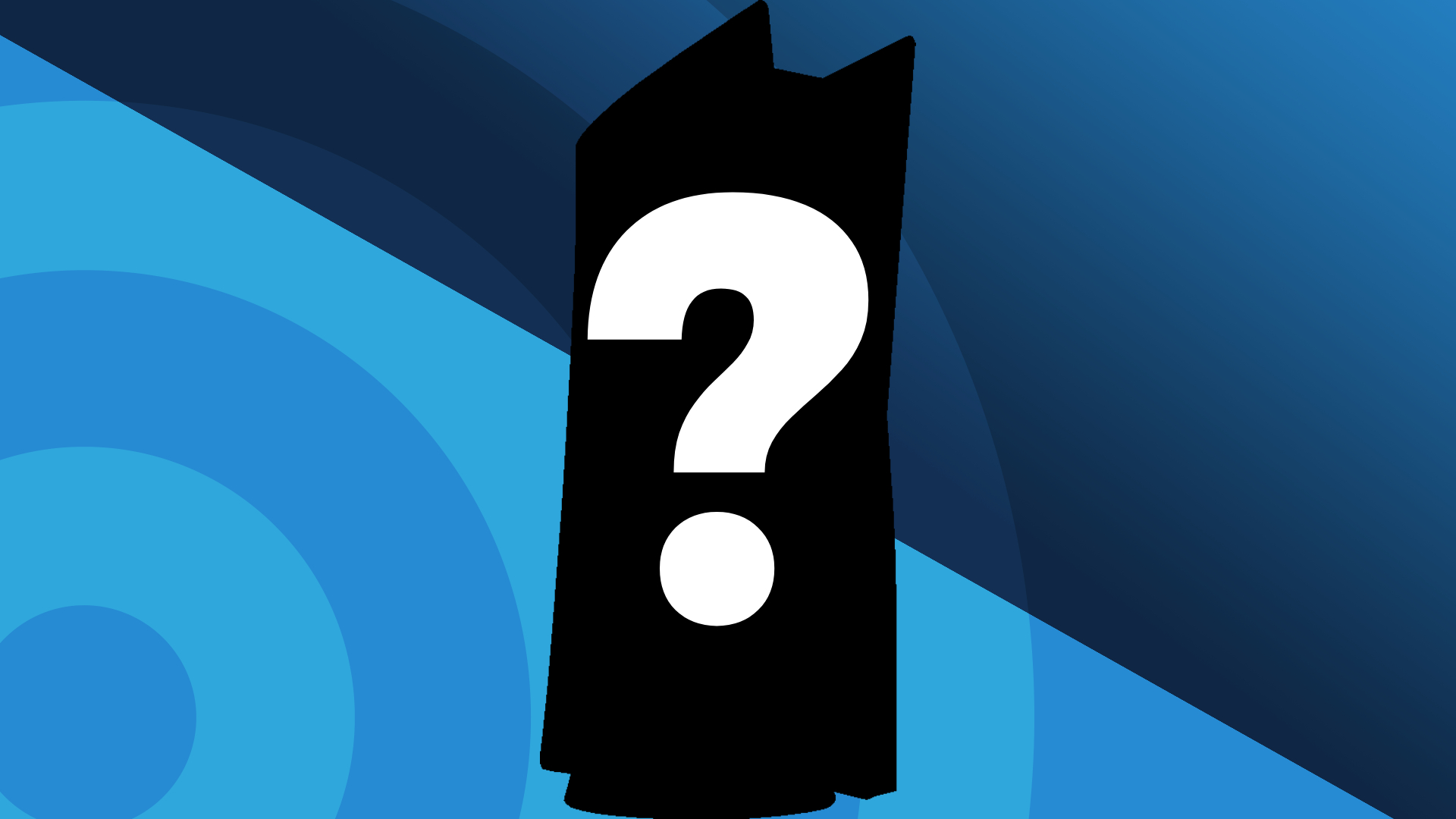
There's no doubt that the gaming industry is changing in multiple ways, with both PC and console manufacturers investing in portable gaming experiences via handheld devices, and consoles utilizing technologies like Nvidia and AMD's upscaling in DLSS and FSR, respectively.
We're seeing rumors of Sony making a new native handheld (a step up from the remote play PlayStation Portal device), and especially, the recent ROG Xbox Ally handhelds from Microsoft and Asus, take center stage. The strongest variant, the ROG Xbox Ally X, has been a point of contention, with a price tag set at $999 / £799 / AU$1,599, costing more than a powerful PS5 Pro.
While Sarah Bond (Xbox President) stated that Asus ultimately determined the pricing of the handhelds, Microsoft and Xbox have already been increasing prices for both its Xbox Game Pass subscription plans and its Xbox Series X and Xbox Series S consoles, and it's safe to say that it's annoyed many fans.
It gets worse when you realize that Bond made it clear that the next-gen Xbox console will be a 'very premium, very high-end curated experience'. This aligns with rumors suggesting it could be a PC-hybrid of some sort, and Sony PlayStation's Mark Cerny and AMD have already teased the highly anticipated PlayStation 6 using enhanced ray tracing, which draws hints at path tracing capabilities.
Both of these cases for next-gen PlayStation and Xbox consoles mean that we could very well be entering a generation of console gaming that is only attainable if consumers are willing to pay a premium price for consoles that may not end up offering premium experiences that justify those prices. Do I think gamers will be okay with that? Absolutely not, and a few of the reasons why may be obvious.
Premium pricing could destroy a major foundation of the console gaming appeal
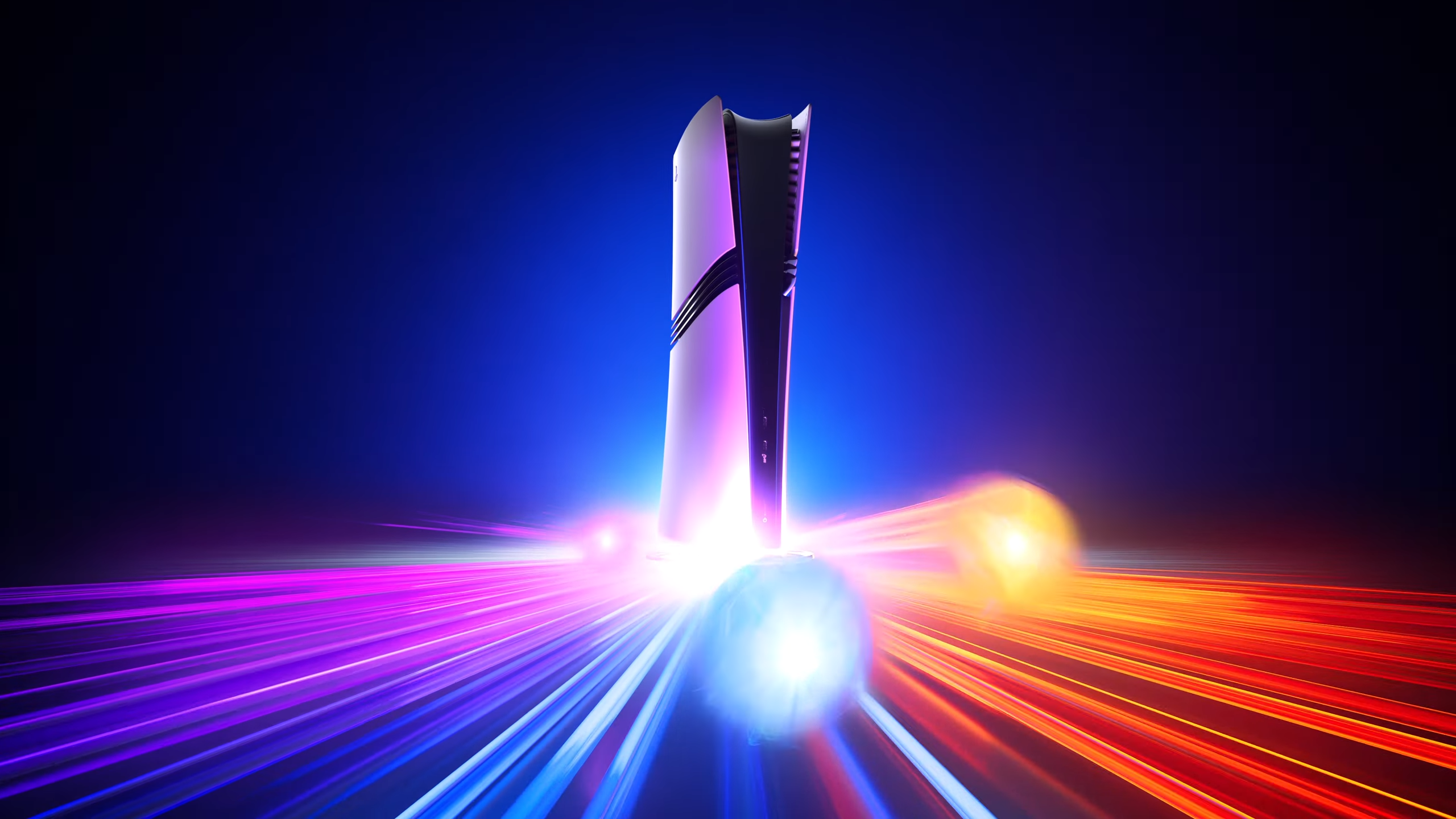
It's one thing to offer a premium option, as Sony has done with the PS5 Pro, providing more powerful hardware to push visual fidelity and performance in games a step further. However, it becomes an issue if either the PS6 or the next-gen Xbox console's base model is so 'high-end' in terms of hardware that consumers may have no choice but to spend significantly more than usual.
I've been a console gamer (now primarily on PC) long enough to know that one of the fundamental aspects of console gaming is affordability, ensuring couch gameplay is still accessible to a wide range of gamers. However, if we begin to see console starting prices at $999 or $1,099 (which isn't off the charts at this rate), it partly defeats the purpose of console gaming.
Sign up for breaking news, reviews, opinion, top tech deals, and more.
One of the many reasons console gamers won't move over to PC gaming is because of pricing, and while there is only so much Sony and Microsoft can do to keep prices within a reasonable standard while providing more powerful hardware, high prices may not resonate well with console gamers.
Frustration from consumers may be the case, especially if these teased consoles from Sony and Microsoft fail to meet the 'high-end' and 'very premium' standards that are being touted. We've already seen this unfold with the ROG Xbox Ally X; to put it simply, the handheld's value is arguably poor considering the alternatives with very similar performance and power at half its $999 price, i.e. the original Asus ROG Ally using the Ryzen Z1 Extreme.
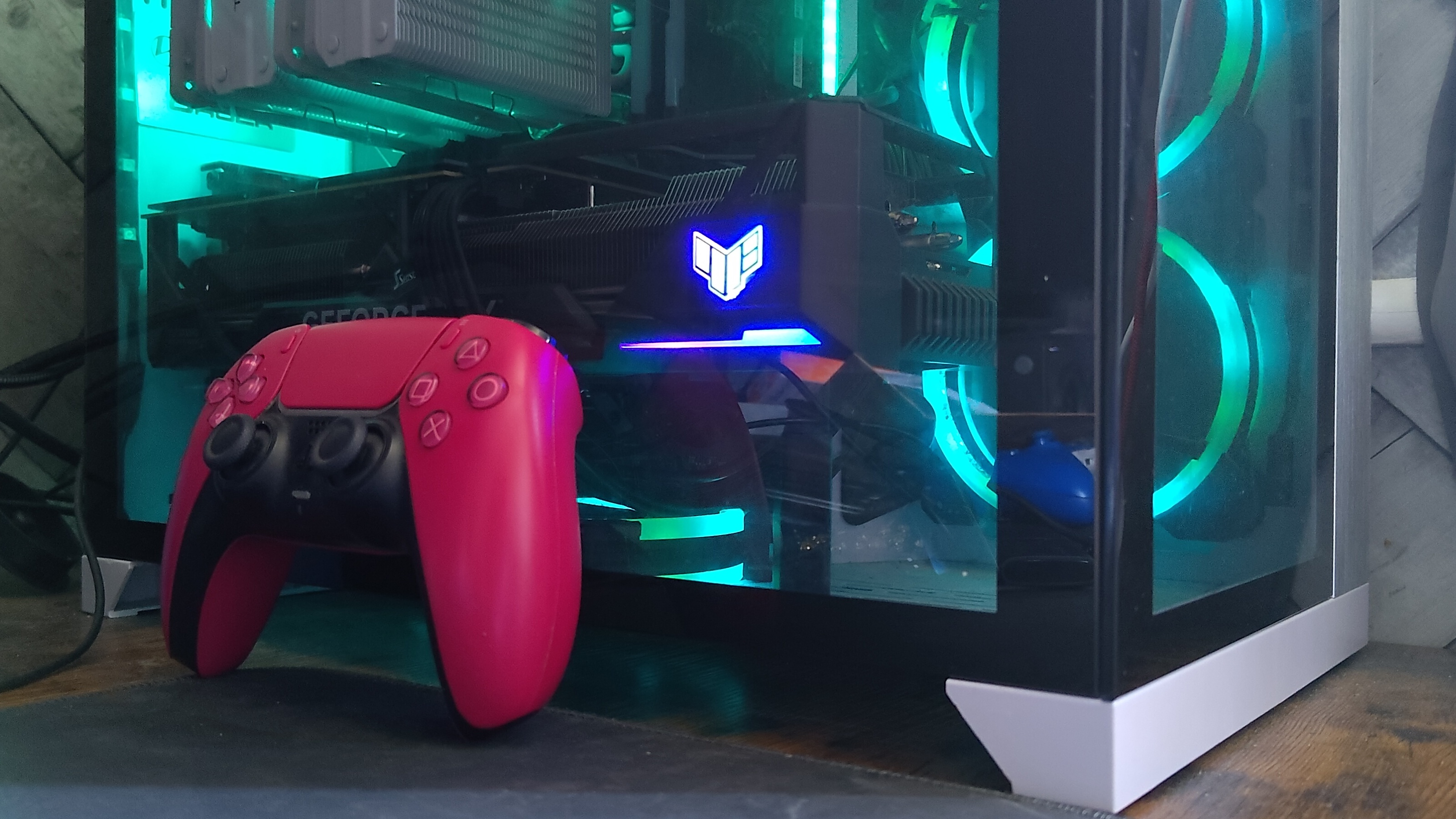
If next-gen console prices take a step up above the PS5 Pro's $699.99 / £699.99 / AU$1,199, then what stops gamers from switching over to PC for potentially better hardware around similar prices? That's already the view I and other consumers share with the PS5 Pro, but handhelds like the ROG Xbox Ally X or Lenovo Legion Go 2 ($1,099.99 / £899 / AU$1,809) have become the center of that discussion.
You could likely still be paying for annual subscriptions on a high priced console
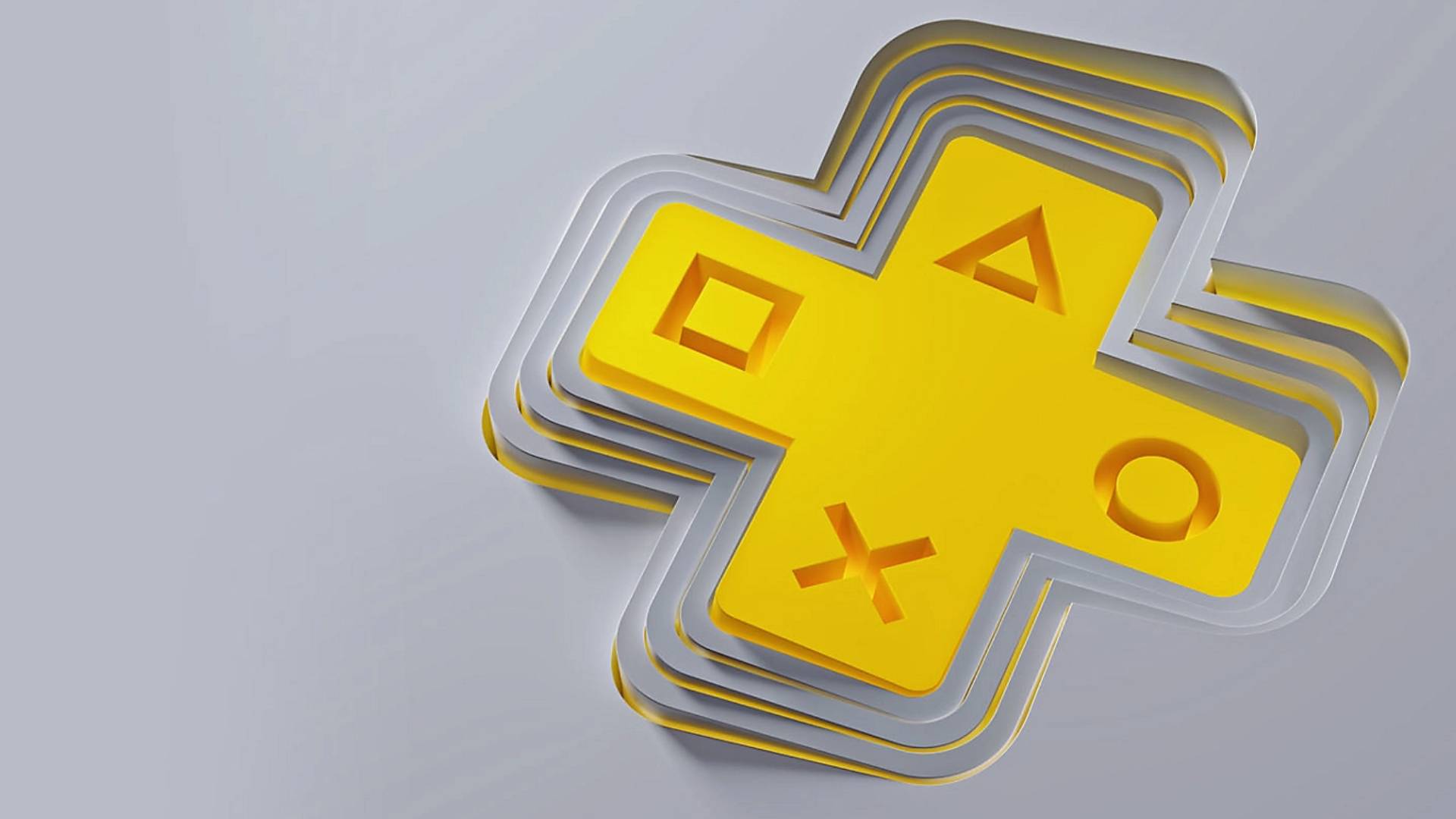
I've touched on this matter previously, but PS Plus and Game Pass subscriptions (which are required for online multiplayer access on console) are part of the reason why I believe PC gaming is cheaper in the long run compared to console gaming.
I think it's safe to say Microsoft and Xbox are continuously proving my point by increasing Game Pass prices, leaving the annual Ultimate tier option costing nearly as much as an Xbox Series S console, but I digress.
With this in mind, not only could console players potentially be paying a lot for online services, but also similar (or at least close enough) prices to what PC gamers would pay for a new rig or components, making the overall expense more than what's found on PC in many cases. Again, these are hypothetical scenarios, as neither the Xbox nor the PlayStation consoles have even been announced, but the market has a trend that backs up my argument of high starting prices.
Aside from optional subscription plans on PC like PC Game Pass, EA Play, or Ubisoft+, hardware ends up being the biggest hurdle in expenses.
Overall, having seen frequent price hikes from both Sony and Microsoft recently (mostly from the latter), it's left me even less confident that either will be reasonable with pricing for next-gen hardware – and I hope that by the time both are revealed, I'll be proven wrong.
Follow TechRadar on Google News and add us as a preferred source to get our expert news, reviews, and opinion in your feeds. Make sure to click the Follow button!
And of course you can also follow TechRadar on TikTok for news, reviews, unboxings in video form, and get regular updates from us on WhatsApp too.
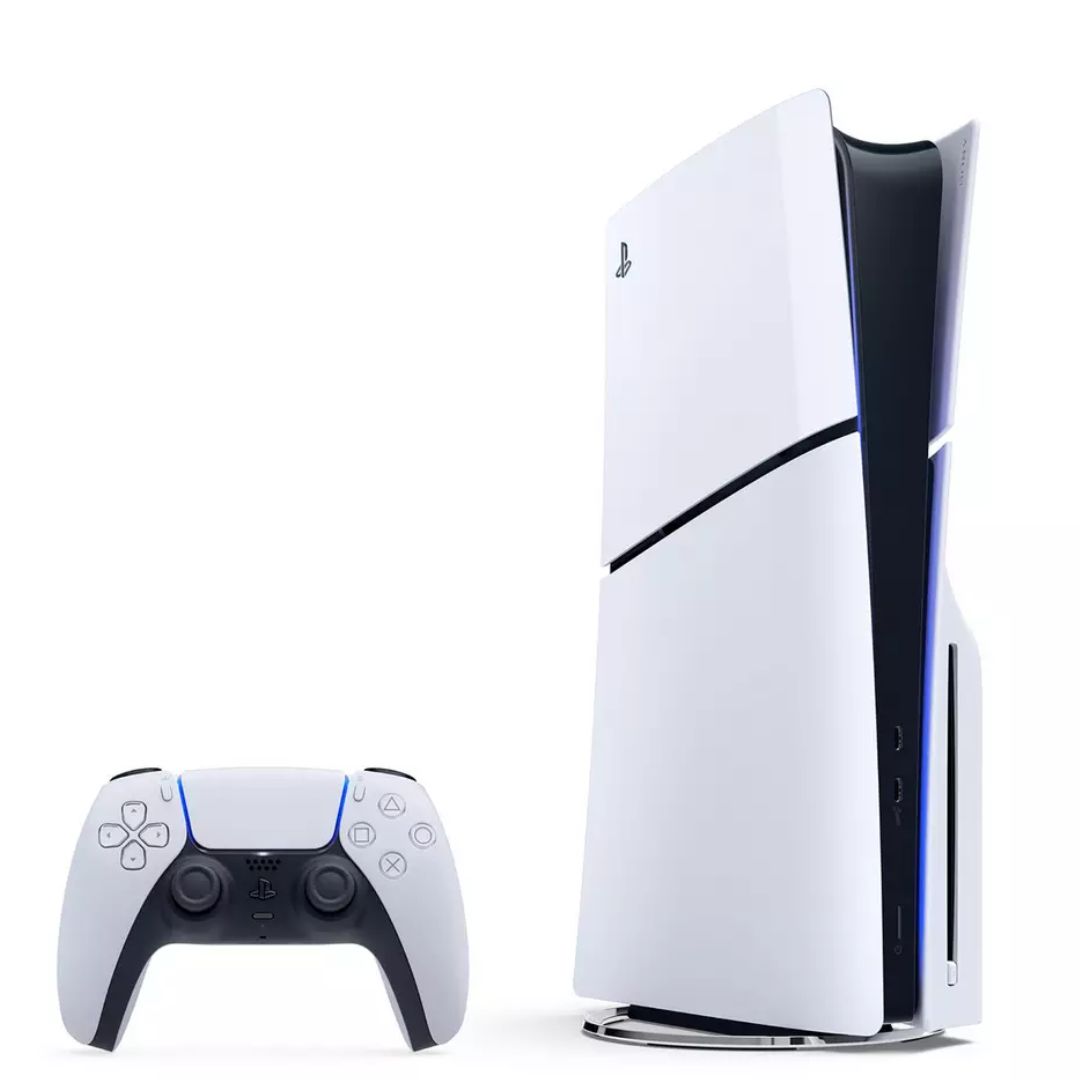
➡️ Read our full guide to the best gaming consoles
1. Best overall:
PlayStation 5 Slim
2. Best budget:
Xbox Series S
3. Best handheld:
Nintendo Switch 2
4. Most powerful:
PlayStation 5 Pro

Isaiah is a Staff Writer for the Computing channel at TechRadar. He's spent over two years writing about all things tech, specifically games on PC, consoles, and handhelds. He started off at GameRant in 2022 after graduating from Birmingham City University in the same year, before writing at PC Guide which included work on deals articles, reviews, and news on PC products such as GPUs, CPUs, monitors, and more. He spends most of his time finding out about the exciting new features of upcoming GPUs, and is passionate about new game releases on PC, hoping that the ports aren't a complete mess.
You must confirm your public display name before commenting
Please logout and then login again, you will then be prompted to enter your display name.